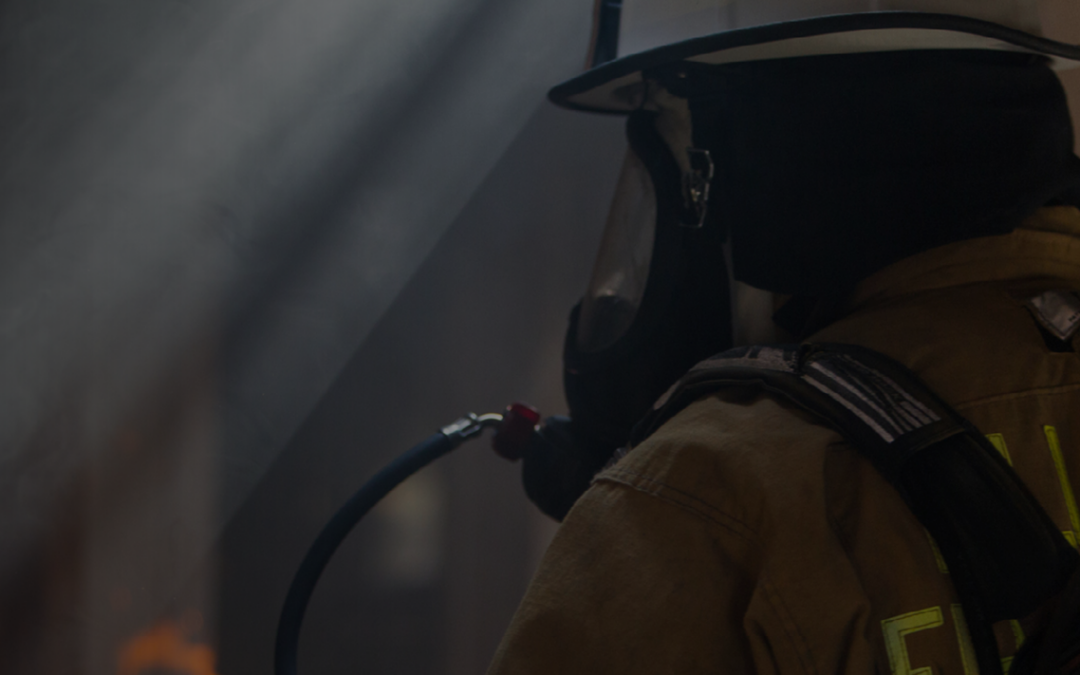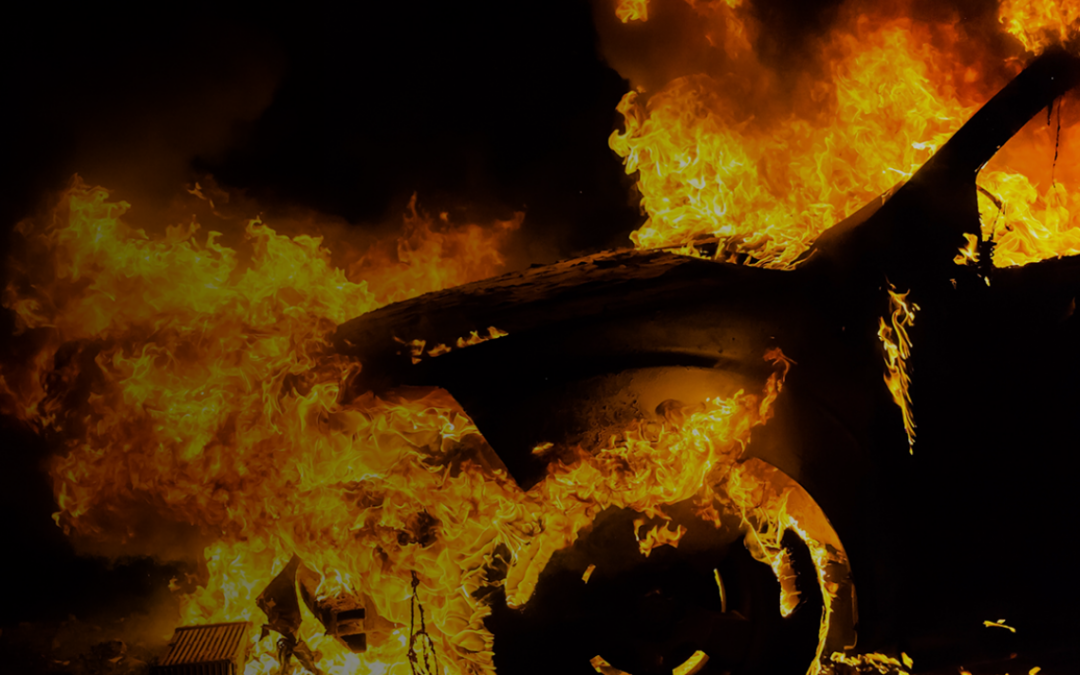Responding to Natural Gas Emergencies
Category: Fire
Gordon Graham here with Today’s Tip from Lexipol. Today’s Tip is for my friends in the fire service.
Are you truly ready for your next “smell of gas” call?
If you have been in the fire service for more than a few months, you know about “smells and bells” calls. For many firefighters, they are the bane of your existence. They are routine calls – until they aren’t.
A typical dispatch is either for an “unknown odor” or the “smell of gas.” Sometimes the call comes in from the utility or provider because they need help. With this type of call, you know what you’re getting into.
Other times, though, the call comes from a resident. Then, all bets are off. It could be the odor of natural gas, propane, sewer gas, gasoline, or any other flammable gas. For these calls, you need your head on a swivel and your mind fully engaged. You can’t treat it as routine, even though we have all been guilty of doing so.
In January and February of 2022, security cameras caught two gas explosions in New York City. In September 2019, a gas leak and subsequent explosion killed a fire captain in Maine. Watching the videos and reading the NIOSH LODD investigation reports should convince you that gas leaks are anything but routine.
Are you truly ready for your next “smell of gas” call? Does your agency conduct routine bump tests of its gas meters? Are the meters sent out at least annually for recalibration? Do you have policies and procedures in place for responding to gas leaks? If so, are they up to date, and are they followed?
A no to any of these questions places unnecessary risk on civilian and firefighter lives. While it’s true that most “smell of gas” calls are resolved by red-tagging a gas-fired appliance or locking off a meter, not appreciating the risk may get you and your crew killed.
And that’s Today’s Tip from Lexipol. Until next time, Gordon Graham signing off.





